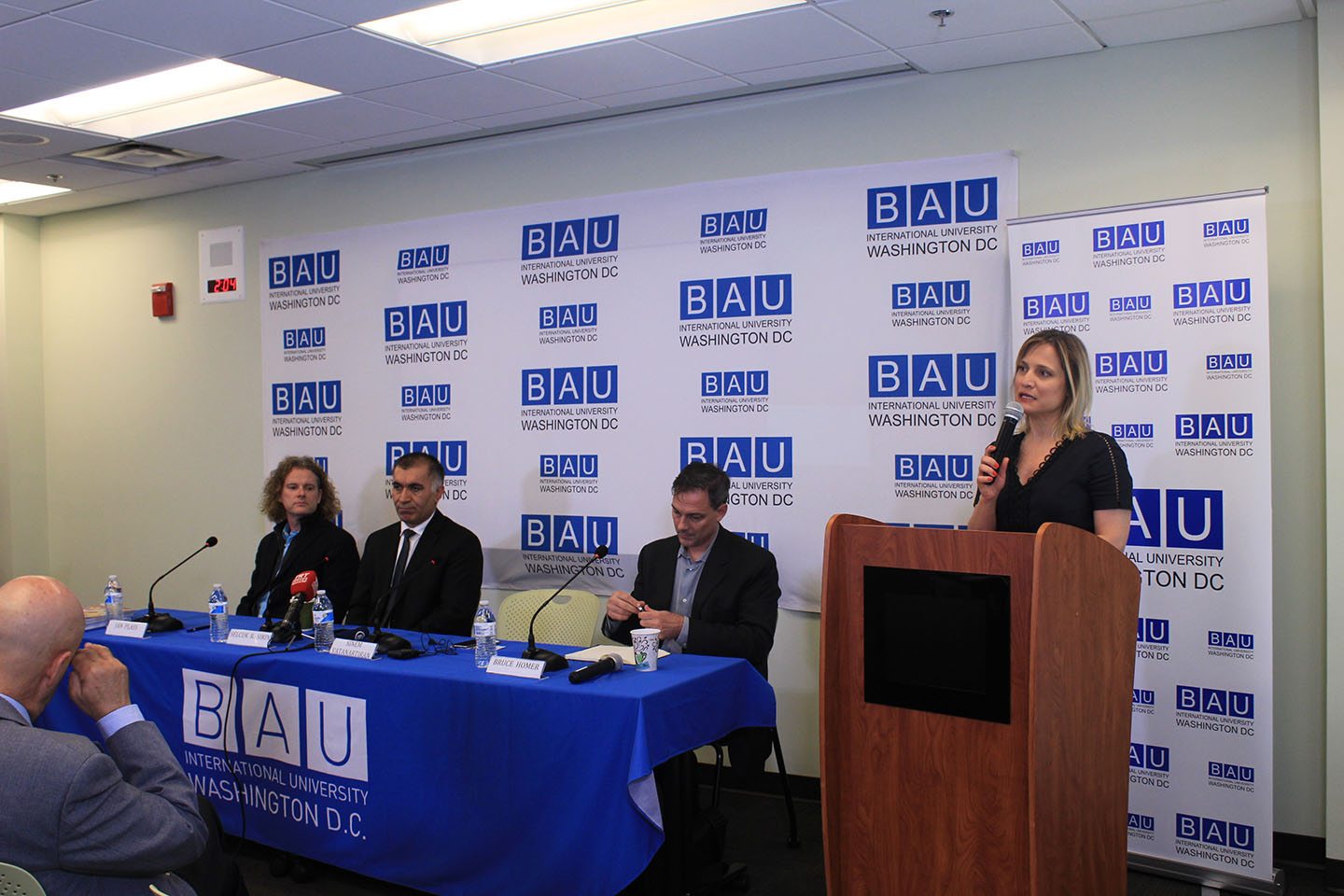
Project Hope: Digital Games & the Education and Mental Health of Syrian Refugee Children
Digital games can effectively teach refugee children much-needed skills – including a new language, cognitive skills, and coding – while also improving their mental health, finds research by New York University, the City University of New York, and Turkey’s Bahcesehir University.
The study of Syrian refugee children, presented by researchers on June 6 at BAU International University in Washington, DC, suggests that digital games can be a cost-efficient and scalable approach to meeting the educational and psychological needs of refugee children.
“It is our hope that this study shows that even with limited resources, and even when there are language barriers, we can make a difference in the lives of children through leveraging technology,” said Selcuk Sirin, associate professor of applied psychology at NYU Steinhardt and a Project Hope investigator.
Turkey is the top refugee-hosting country in the world, with more than three million registered Syrian refugees. An NYU-Bahcesehir research team was the first to document the educational and mental health needs of Syrian refugee children, finding that an overwhelming majority are not enrolled in school in Turkey, partly as a result of language barriers, and about half suffer from PTSD and/or depression.
In response to the educational and psychological crisis among refugee children, the NYU and Bahcesehir researchers enlisted colleagues with deep expertise in educational technology and designed an online, game-based learning intervention for refugee children named Project Hope.
L-R: Panelists and Project Hope investigators Selcuk Cirin, Jan Plass, Sinem Vatanartiran, Bruce Homer
Selcuk Cirin presents the goals of Project Hope.
Project Hope investigators take questions from the audience.
“We were excited about this opportunity to apply our research findings to help address the urgent needs of refugee children, needs that could not be met with traditional, on-the-ground service delivery. Instead, we took advantage of the power of digital media,” said Jan Plass, professor of digital media and learning sciences at NYU Steinhardt and a Project Hope investigator.
The objective of Project Hope is to support Syrian refugee children in Turkey by providing them video game-based education opportunities to improve Turkish language proficiency, executive functions, and coding skills while decreasing their sense of despair and increasing hope.
To test the effectiveness of Project Hope, the researchers conducted a pilot study in Urfa, Turkey, a city on the border with Syria and home to the largest refugee settlement in Turkey. The study participants included 147 Syrian refugee children, ages 9 to 14. The researchers randomly assigned children to the intervention, or a waitlist or control group, with roughly 75 in each group.
Children in the intervention took part in daily two-hour sessions over four weeks, totaling 40 hours. The Project Hope curriculum includes a combination of five digital games including Minecraft, which was used to measure children’s mental health and hope; game-based programming instruction from Code.org; an executive functioning training game called Alien Game, designed by NYU and CUNY researchers; and Turkish language instruction using Cerego.
The refugee children completed weekly surveys to describe their satisfaction with the different games and were asked how much they liked a game, how much they learned from it, and whether they would recommend it. Overall, satisfaction was high, and children reported that they were learning from the games and would recommend them.
In addition to reporting satisfaction with the games, the children also improved on all measures after the four-week intervention:
- In an effort to improving their Turkish language proficiency, refugee children were presented with over 200 Turkish words via the adaptive learning technology platform Cerego. The researchers assessed their language after the intervention and indicated that Turkish language skills were significantly higher for the intervention group.
- The researchers also measured children’s executive functions, or the ability to plan, monitor, and alter behaviors. These basic cognitive skills have been associated with improved health, wellbeing, and educational outcomes. In Project Hope, the children played Alien Game, designed to improve executive functions through rewarding short-term memory retention and quick reaction as participants learn to distinguish between different factors. The researchers measured significant improvements in children’s cognitive skills after the intervention.
- Children also learned a critical 21st century skill as part of Project Hope: coding. Code.org uses a game-based approach for teaching the fundamentals of coding such as conditionals, algorithms, debugging, functions, nested loops, and digital citizenship. Completing a level in Code.org requires demonstrating competency in the concept being taught; on average, children in the Project Hope completed 182 levels of Code.org, writing over 1800 lines of code.
- Finally, research has shown that refugee children are at risk for a range of mental health issues, and often experience despair and hopelessness. The Project Hope researchers created tasks to encourage children to imagine a better future for themselves using the popular commercial game Minecraft. These structured tasks asked children to create a dream house, a dream neighborhood, and a dream school. The researchers collected measures of children’s hopelessness before and after Project Hope, and found that the intervention significantly lowered children’s sense of hopelessness.
“Our pilot study shows that using game-based learning is an effective, cost-efficient way to teach refugee children important skills – and importantly, this structured environment provided distressed refugee children an outlet to imagine a better future for themselves,” said Sinem Vatanartiran, president of BAU International University and a Project Hope investigator. The research was funded by the Bahcesehir Ugur Foundation.
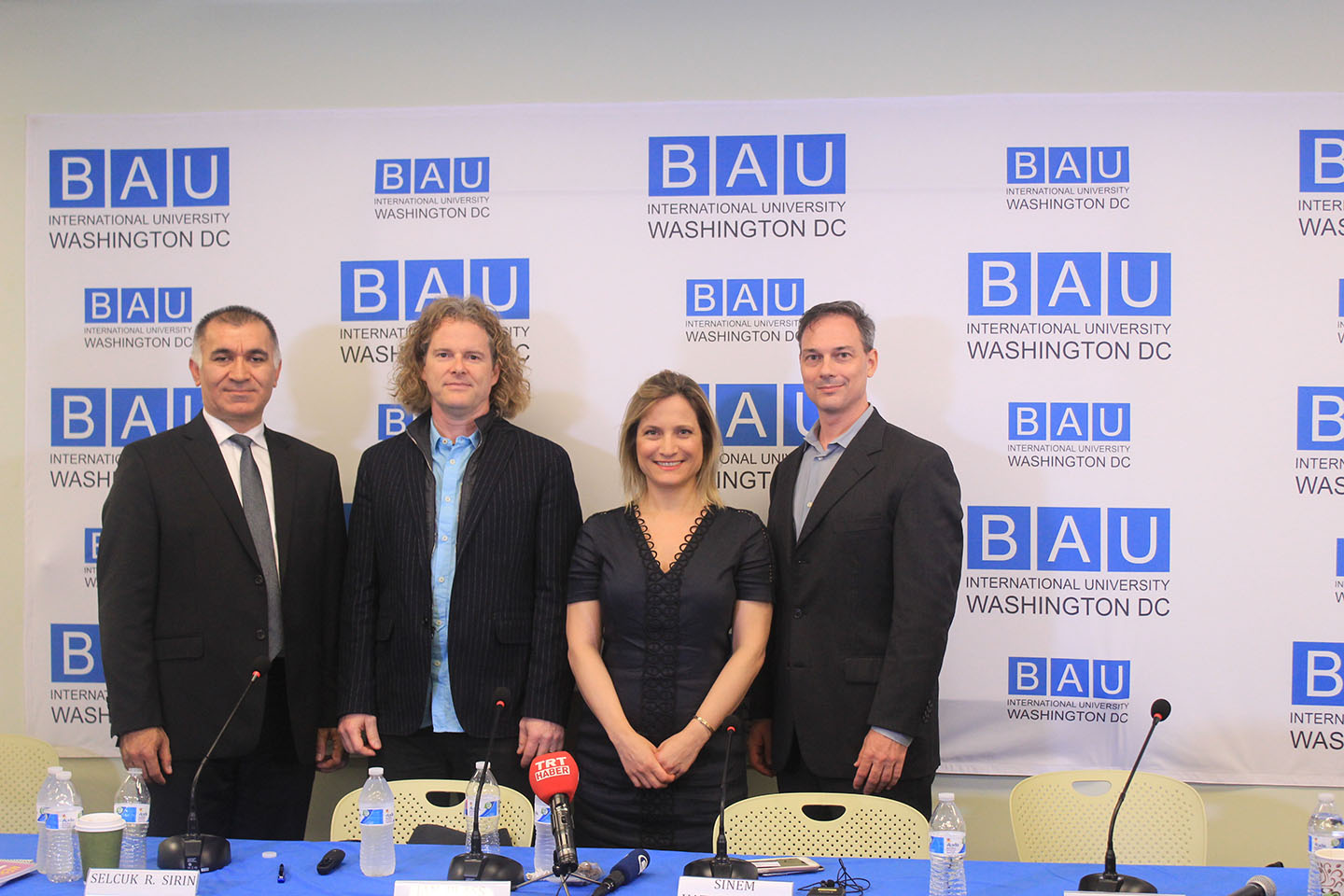
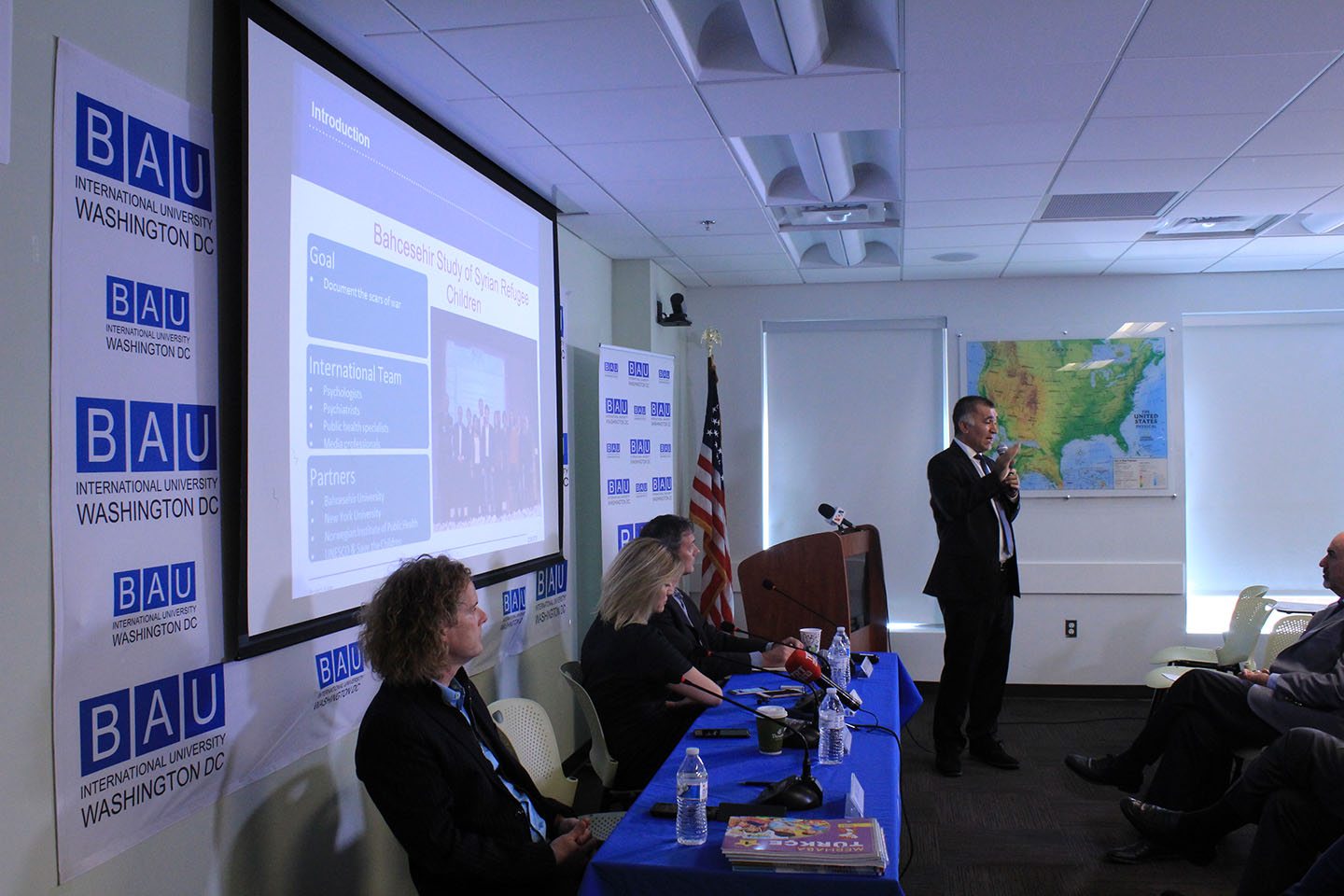
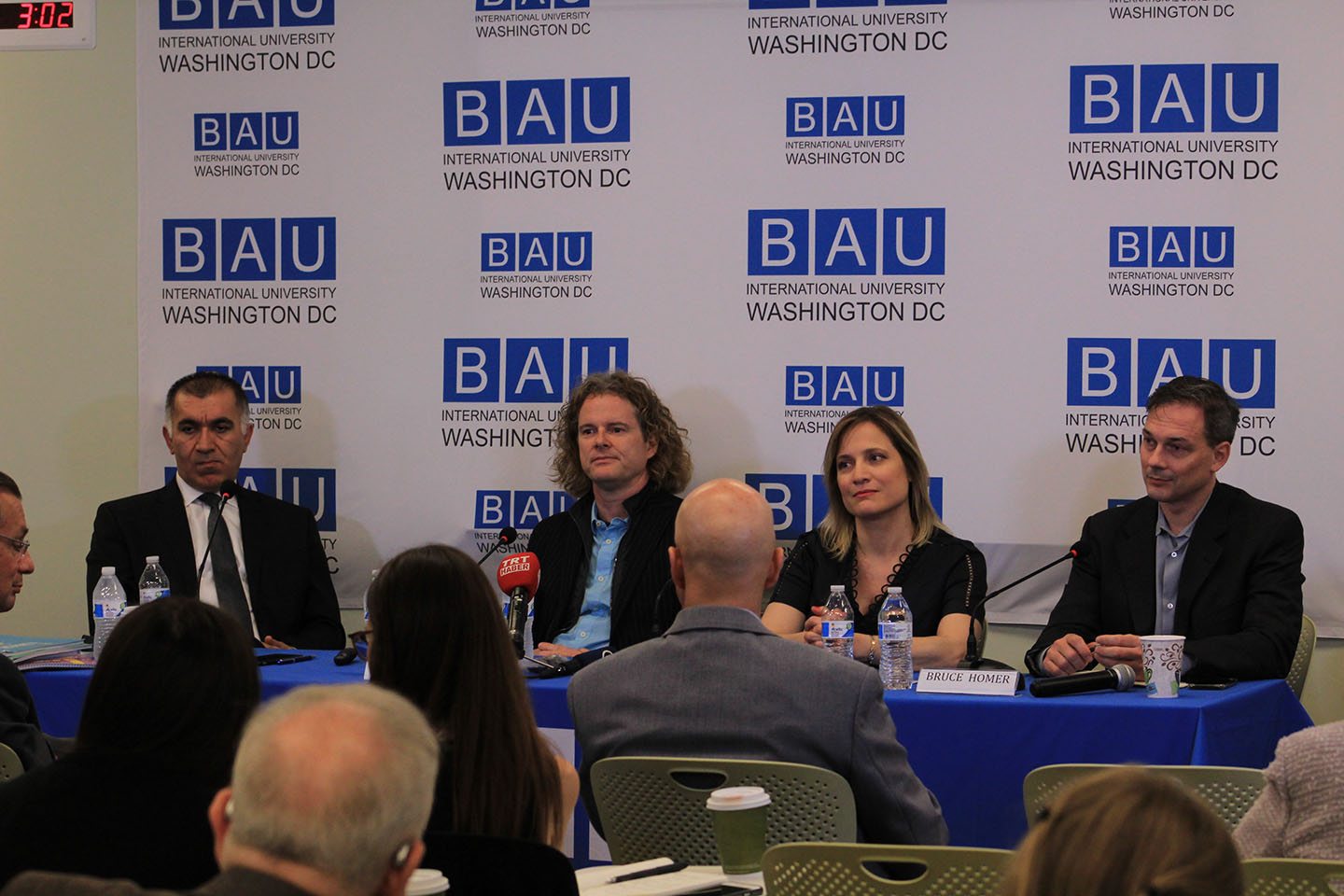
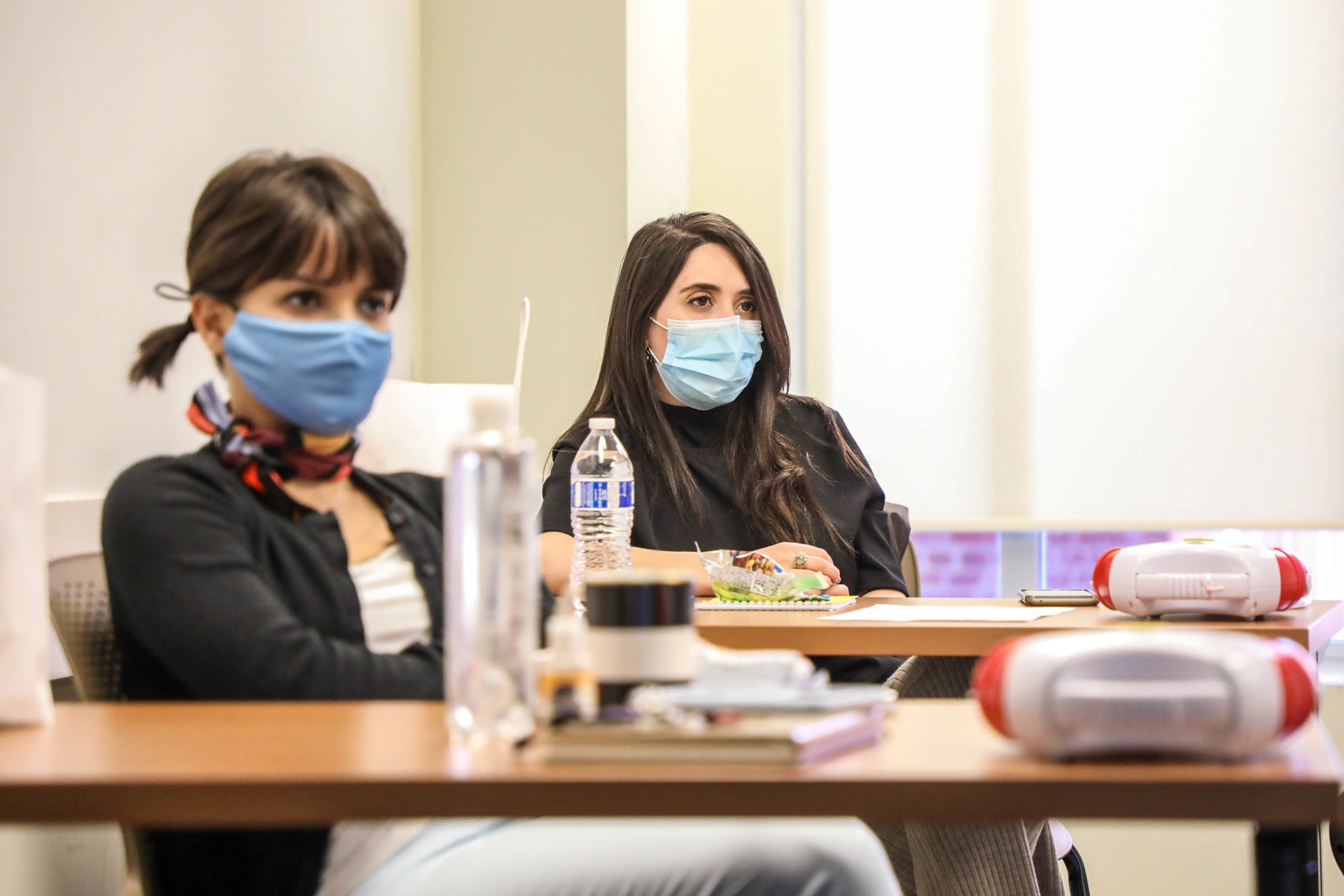

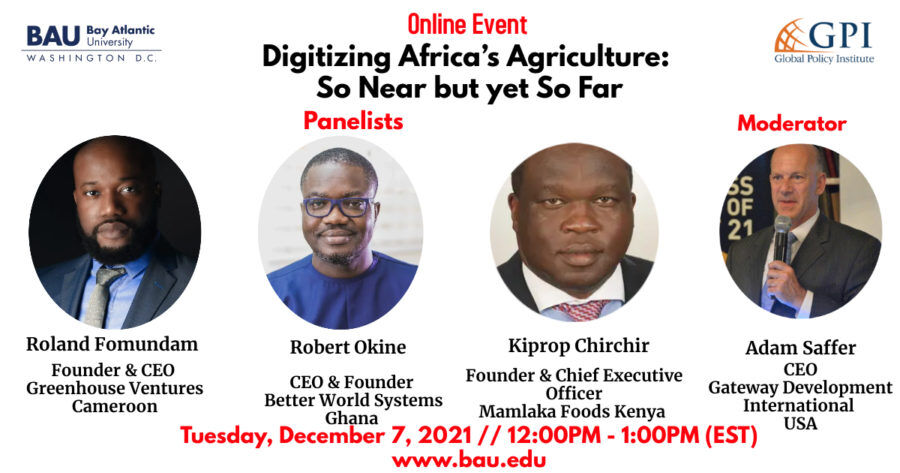
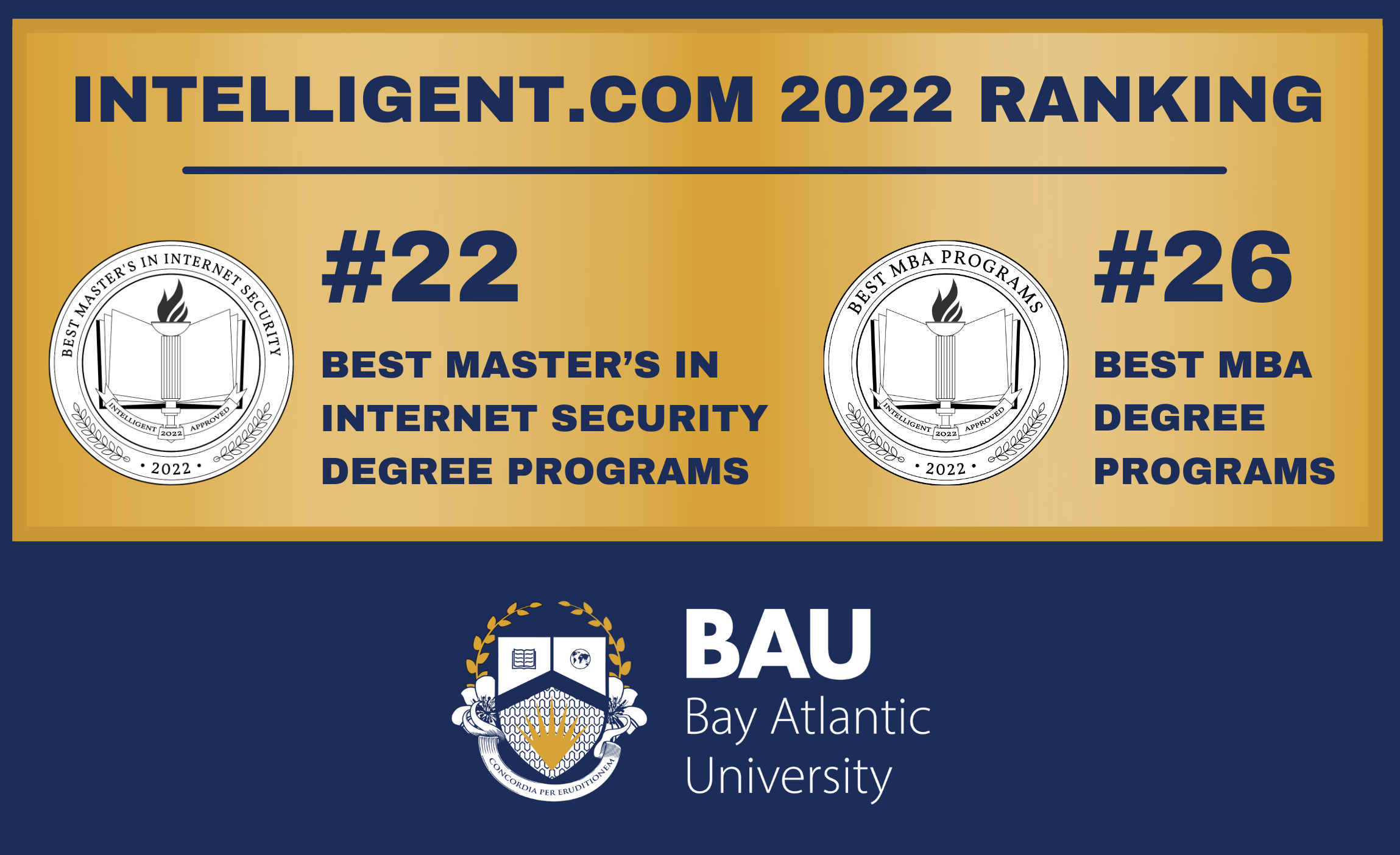
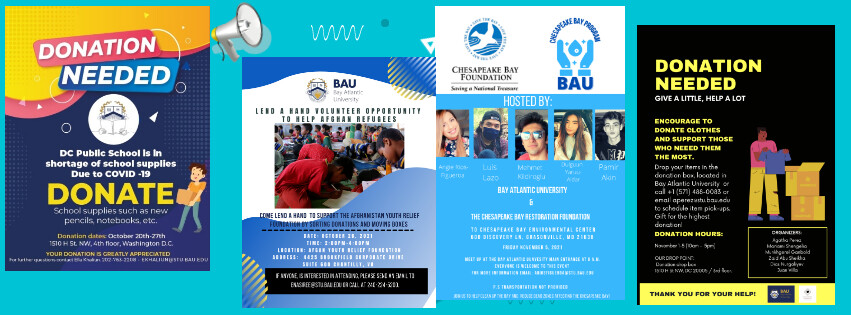

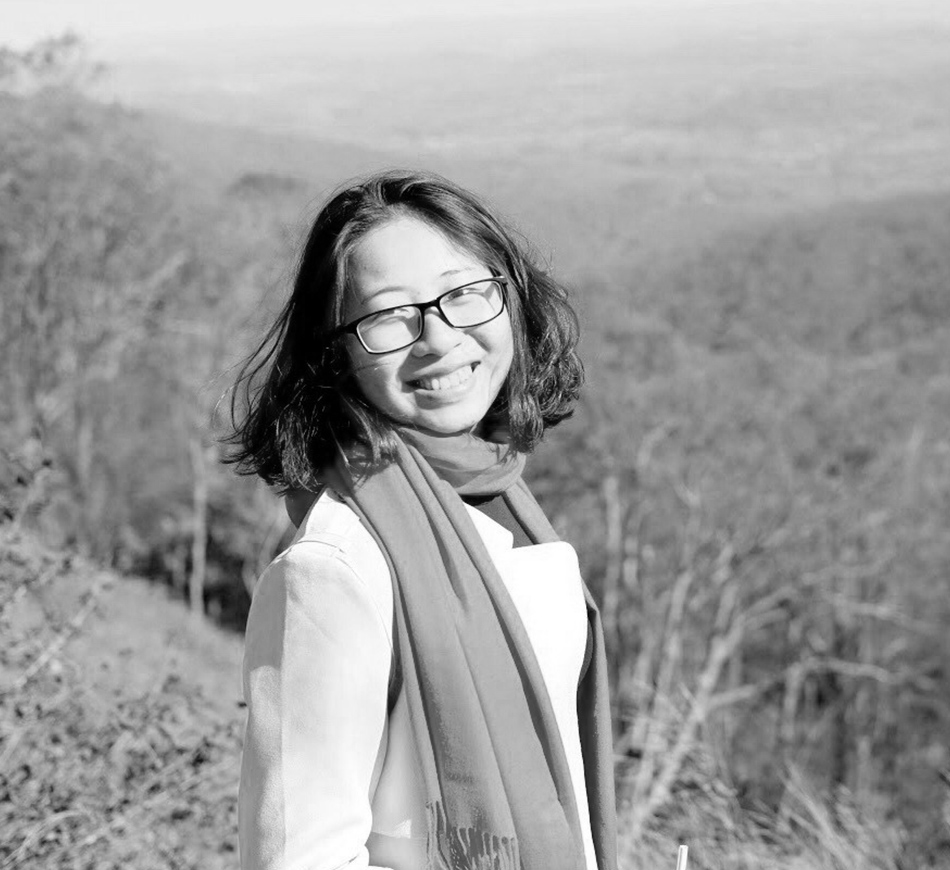
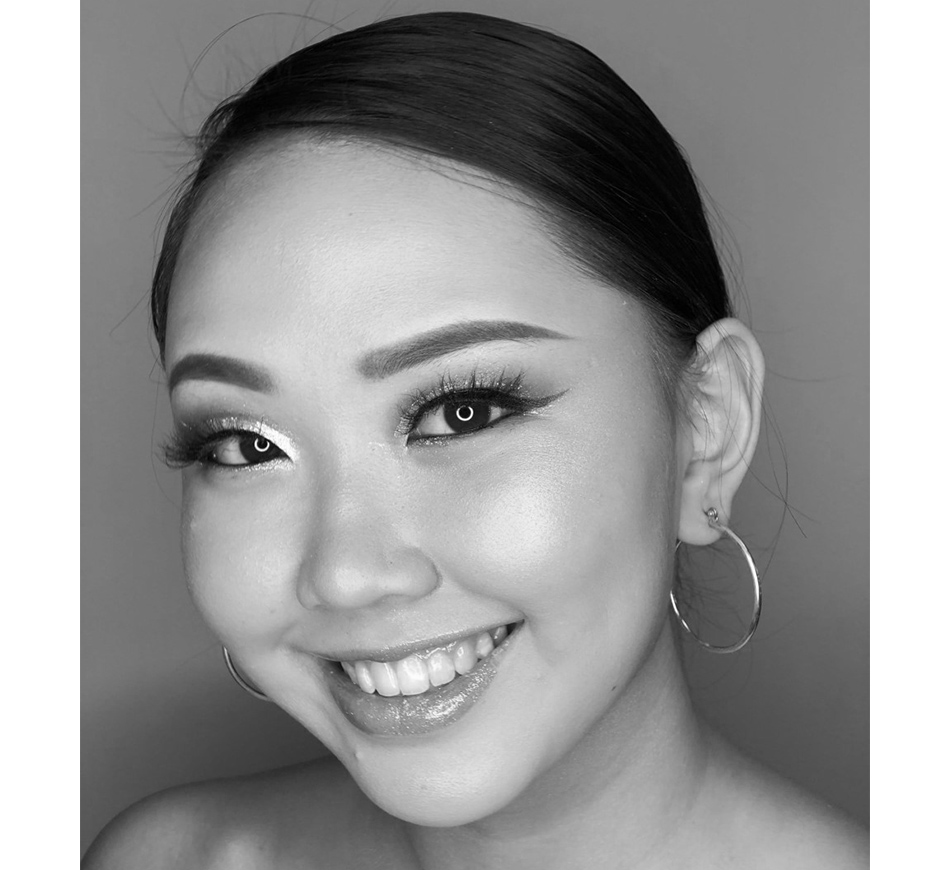
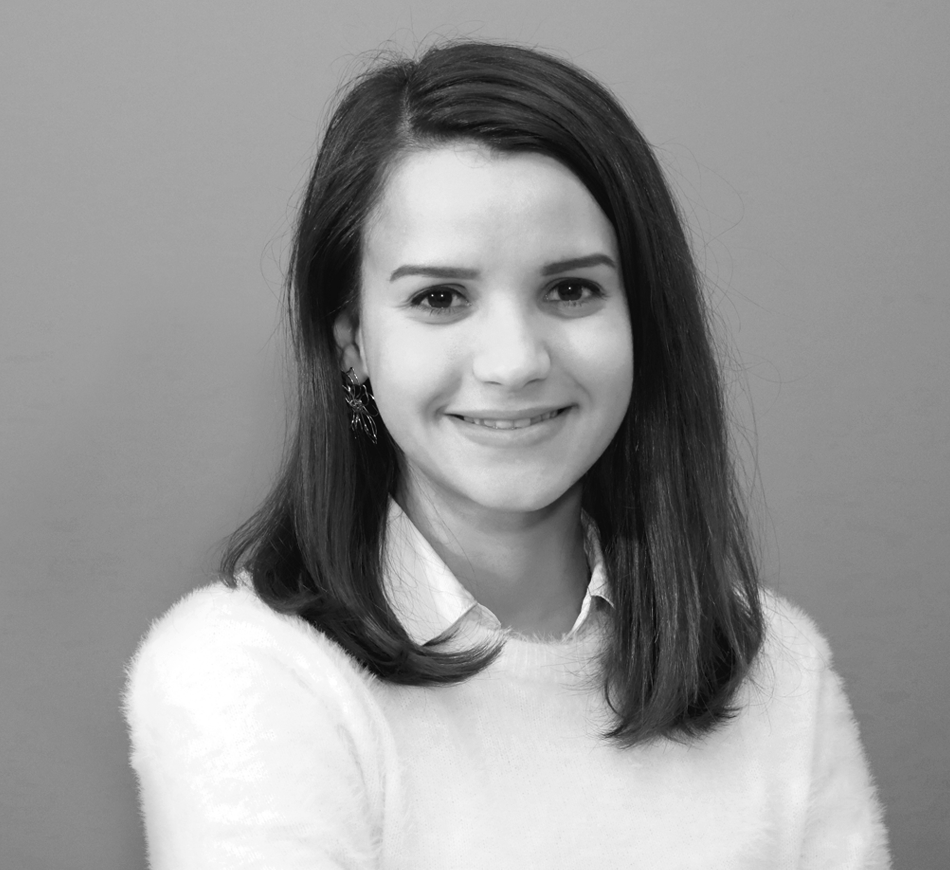
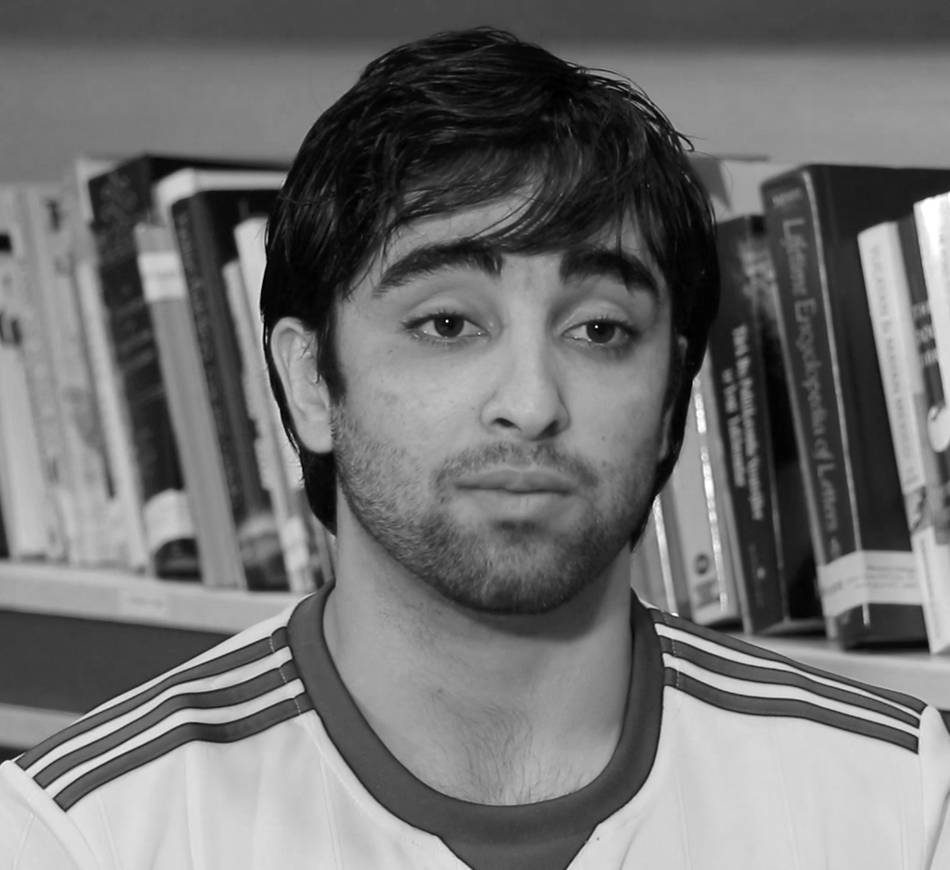
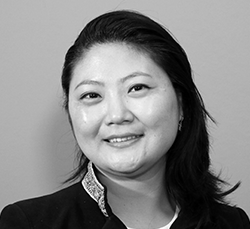
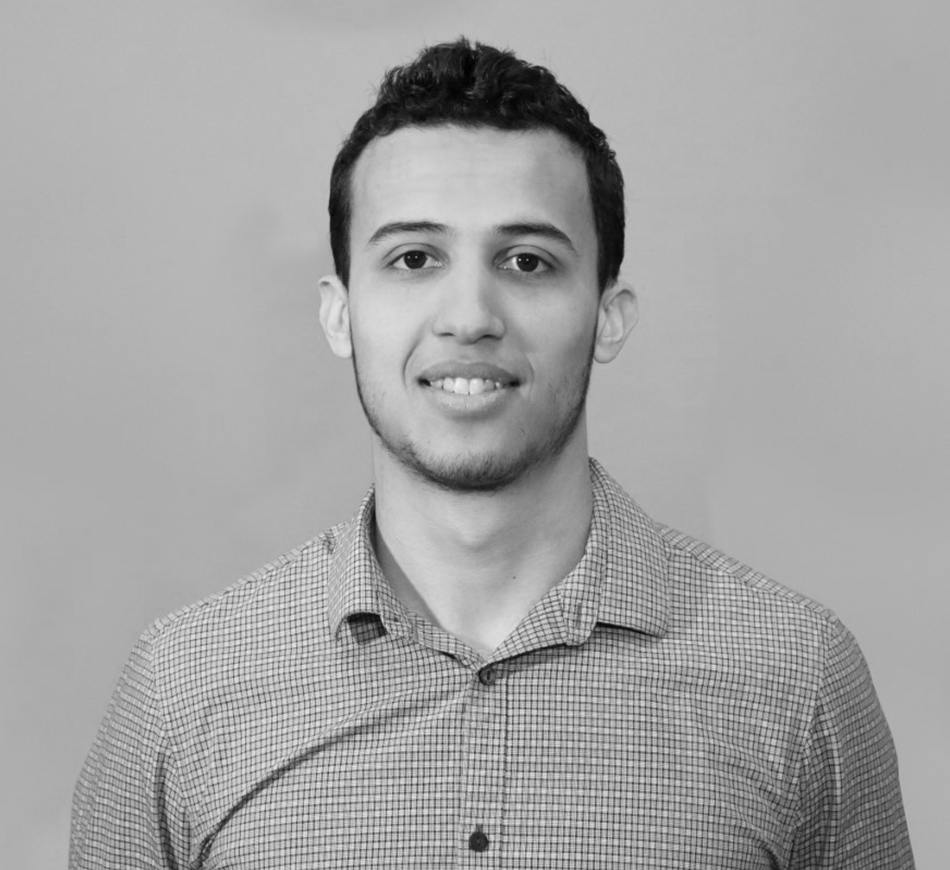
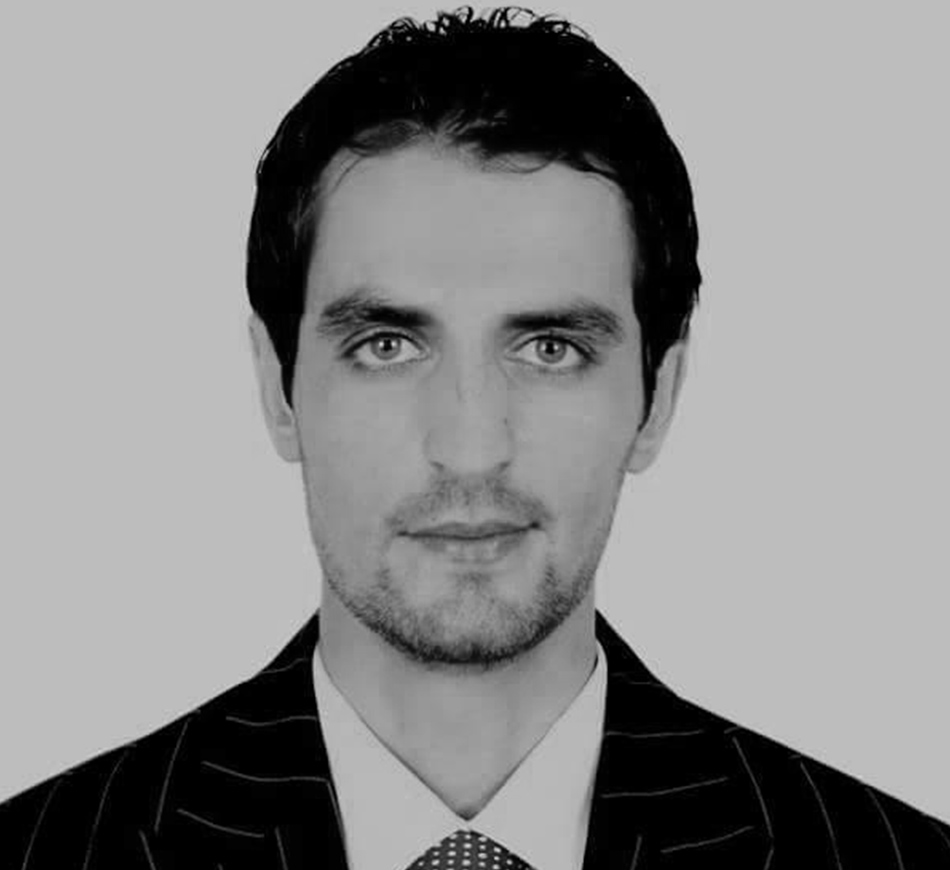
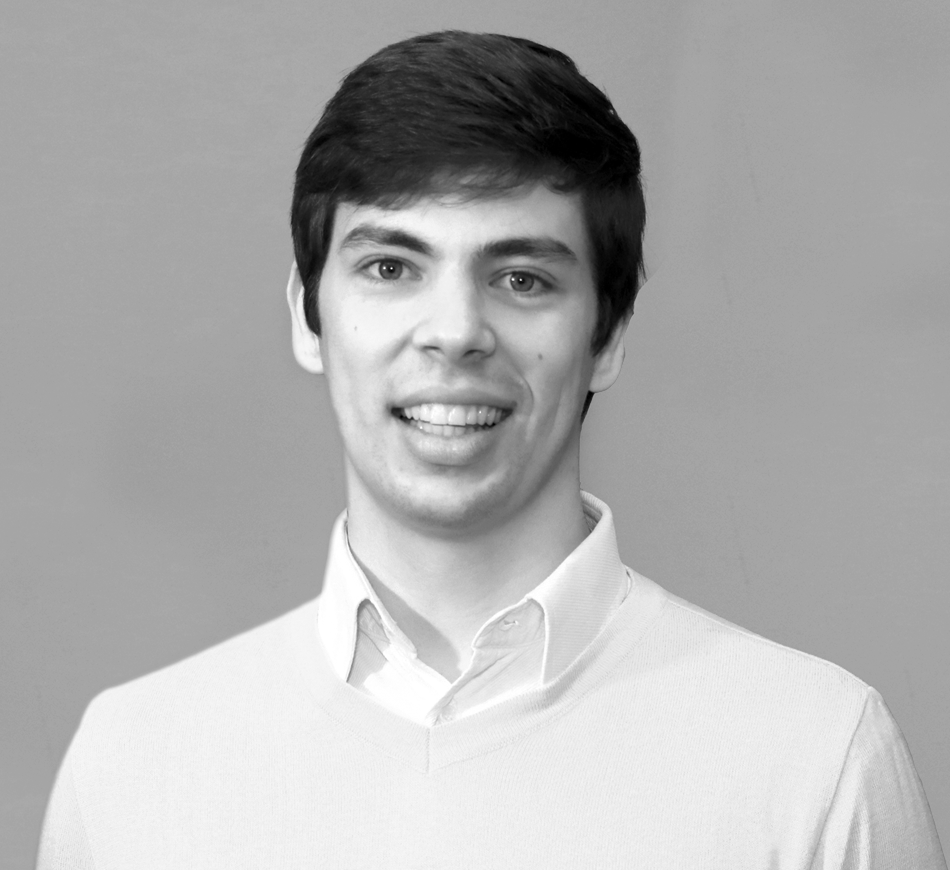
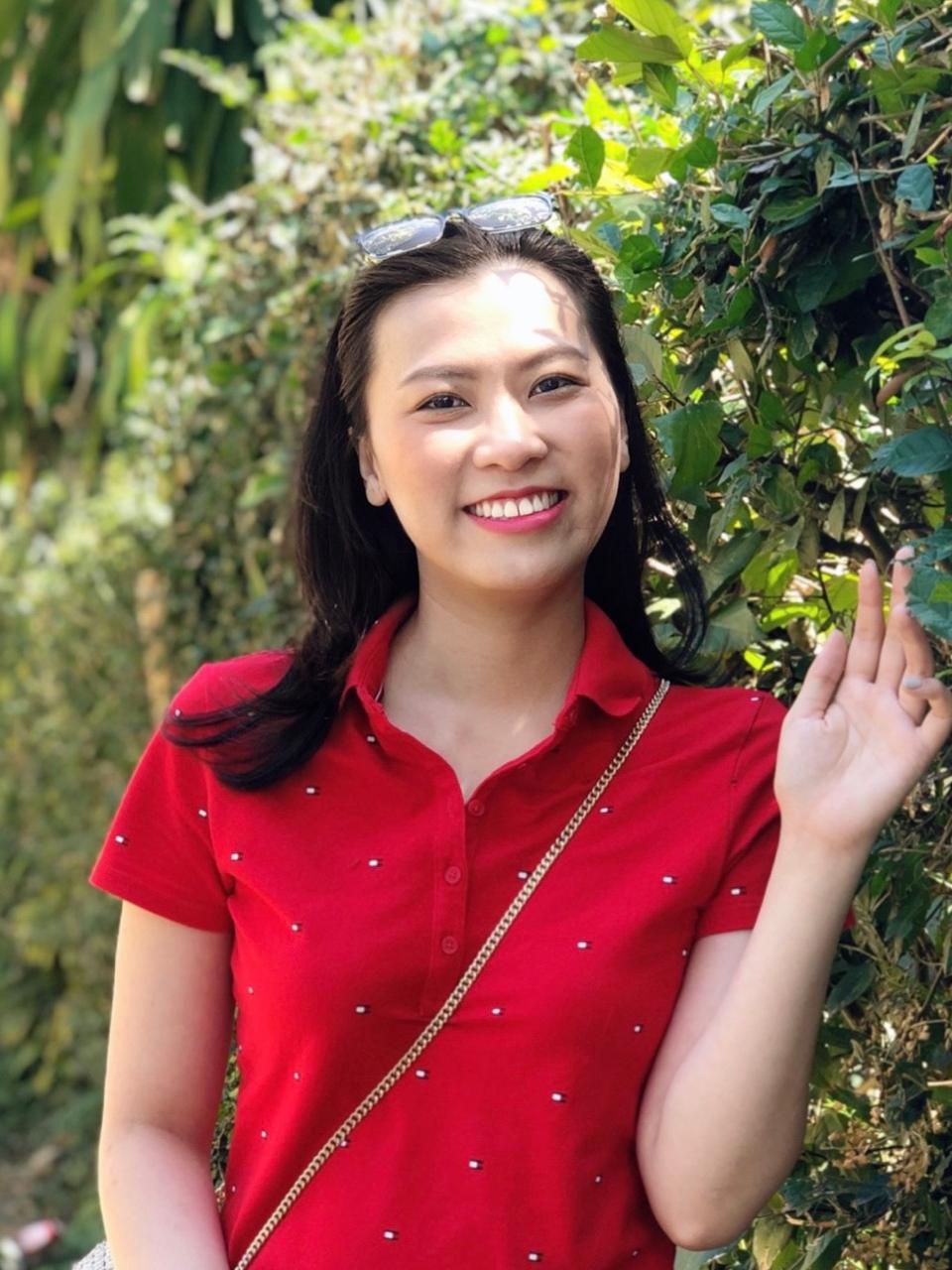

-
-
-
Share